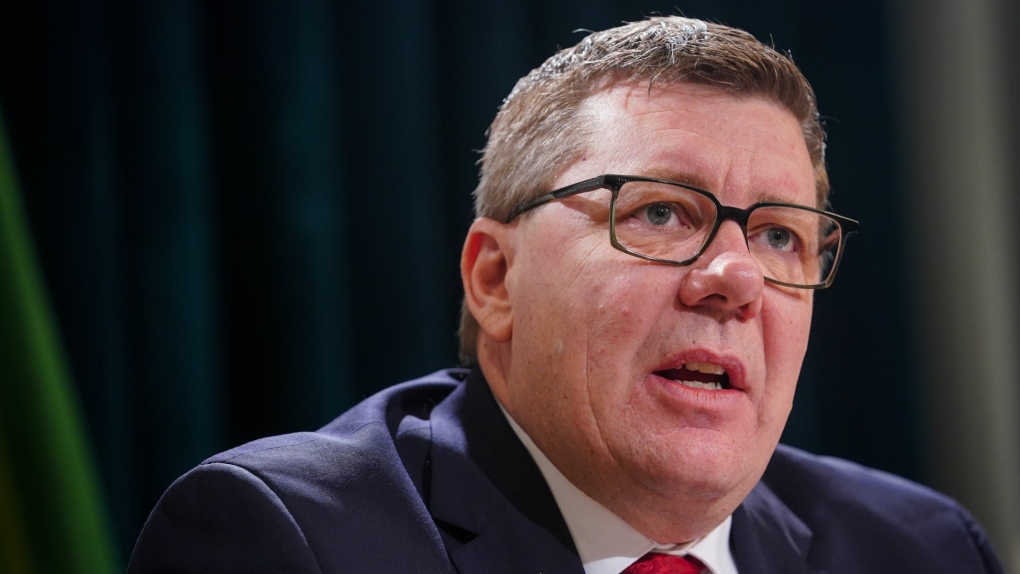The City of Iqaluit says it believes there’s still some fuel that needs to be flushed out of its water supply.
The city issued a public service announcement Friday after receiving “an influx of concerns from the public” starting Thursday evening about its drinking water smelling of fuel.
In an email, city spokesperson Stephanie Clark confirmed the city has received more than 20 complaints since Thursday evening.
The city is asking residents to take aerators off their taps and run the water on cold for 20 minutes as soon as possible, before 6 p.m. ET this evening.
In the public service announcement, the city said it has brought in engineers and other experts to “immediately investigate and assist in responding to this issue.”
“At this time, it is believed that potential remaining hydrocarbons may have entered the water supply and needs to be flushed out of the distribution system,” the city wrote.
“The city is proactively opening distribution valves to promote the local flushing of water.”
‘Trace amount’ of hydrocarbons
The city said it hasn’t measured any overly high levels of petroleum hydrocarbons at its water treatment plant, but it continues to screen for hydrocarbons. The announcement also said data from this week shows small amounts of hydrocarbons.
“An initial review of data from the real-time monitoring station indicates a trace amount of hydrocarbons entered the distribution system on Monday and Wednesday of this week,” it stated.
The city has also increased its weekly laboratory sampling efforts.
Residents who want to report concerns about fuel odours are asked to call the water quality hotline at 867-979-5603.
It has been five weeks since Nunavut health officials lifted a do-not-consume order for Iqaluit’s water.
Officials originally told residents not to drink the tap water on Oct. 12 after complaints flooded in about a smell of fuel in the water.
Iqaluit’s 8,000 residents spent two months drinking water from the Sylvia Grinnell River or bottled water flown in by the city instead of tap water.






More Stories
Here’s what’s happening on U.S. campuses as student protests against Israel’s war in Gaza grow | CBC News
Reena Virk killer claims TV series based on crime ‘disrespectful’ to victim’s family | CBC News
Canadian man who died in Cuba mistakenly buried in Russia, family says | CBC News